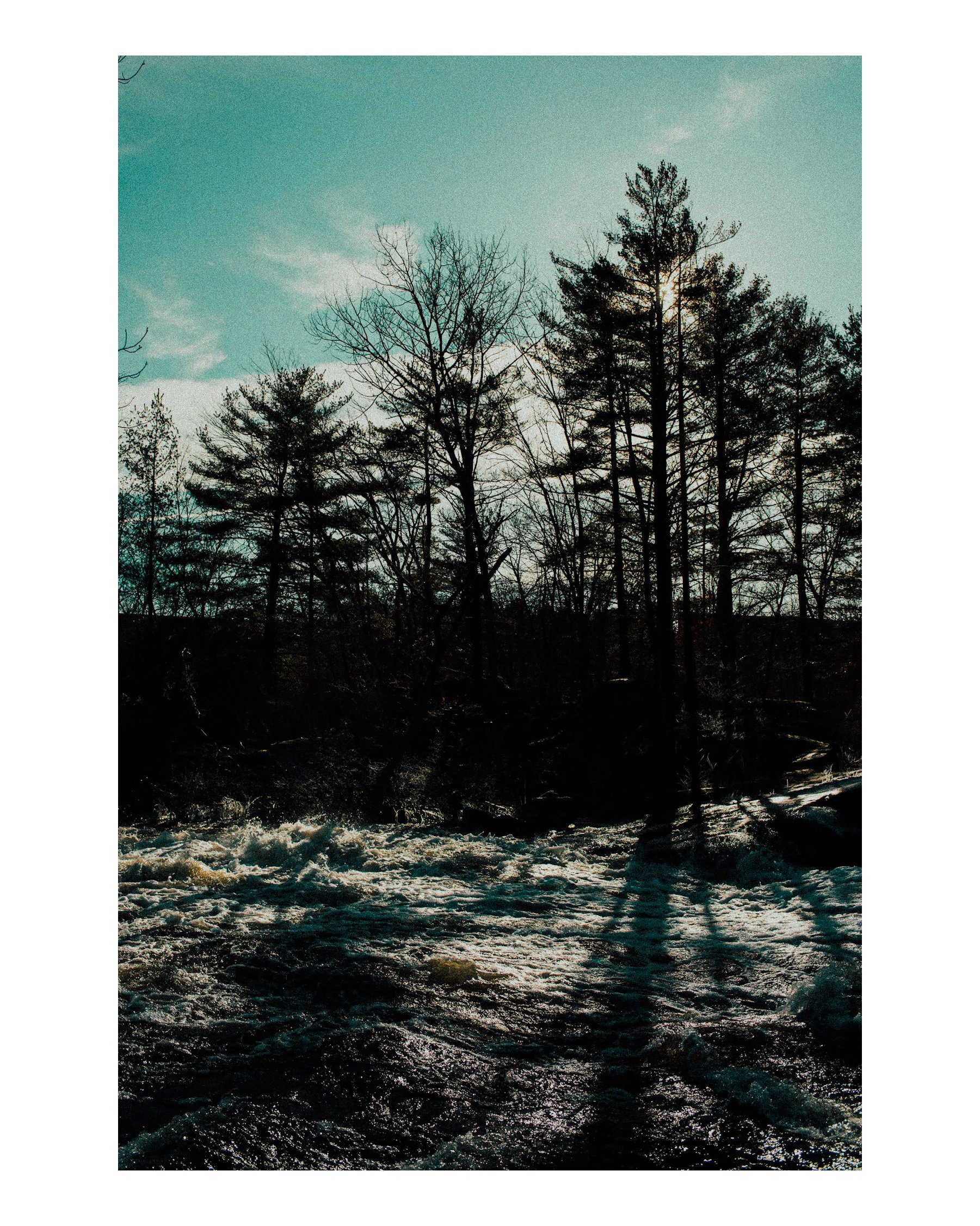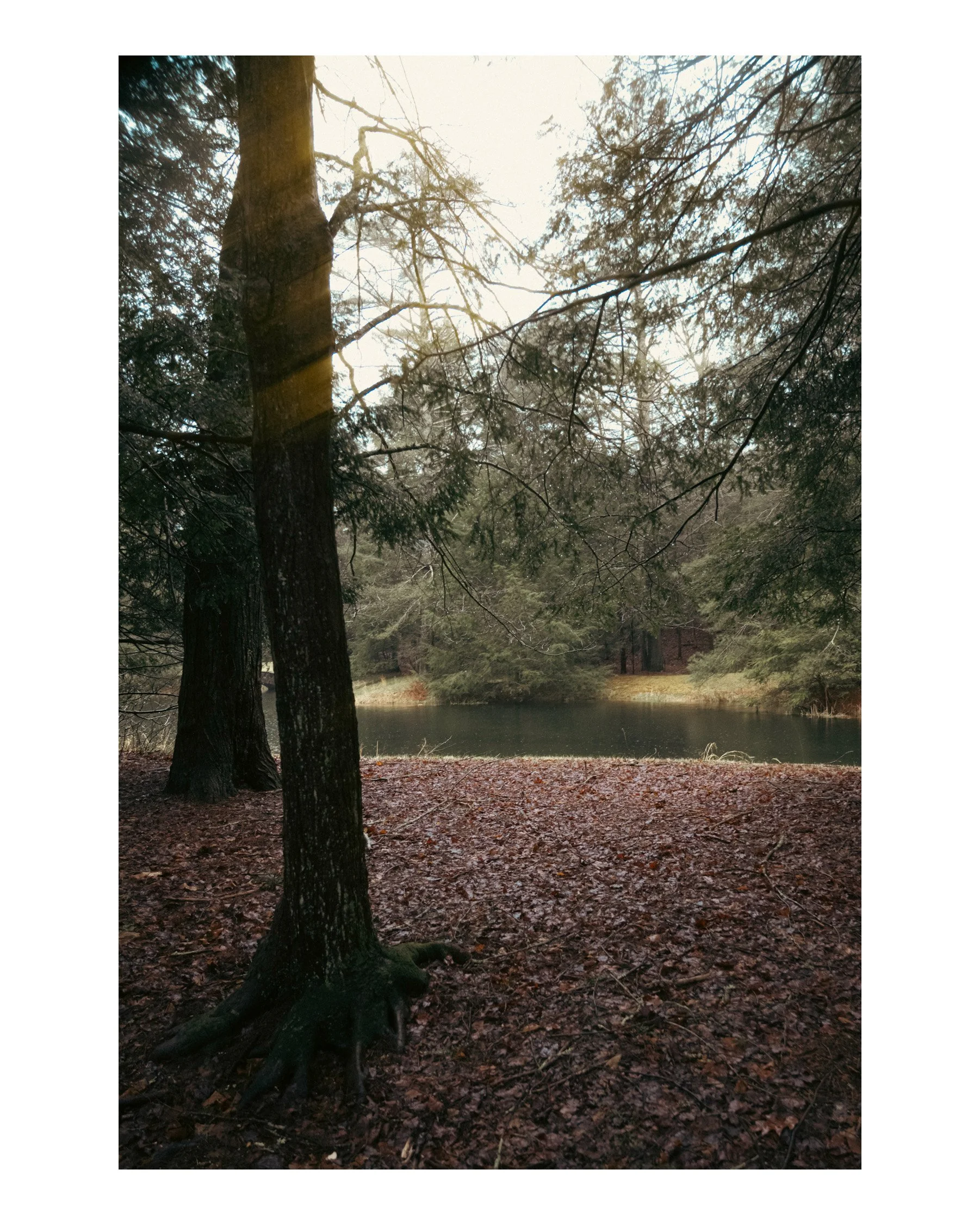As a child, the world was promised to be a big round thing of possibility. We were going to explore the universe and plunge into that glimmering cacophony of colors— the whirl of cities and peoples and jungles and deserts and animals we didn’t know the names of and places we saw in a book or imagined—we knew nothing other than the endlessness of a world that would expand to hold our huge hearts.
They said nothing of wonder calcifying, of defining the parameters of belief. I grieve that. I feel the weight of children who hang their paint-smeared smocks on the hook of practicality and production. If there’s anything we need right now it is some belief. Some wonder. Some hope in a world that isn’t this (gestures wildly around).
Many of you are better than me and can slip between the bitter cold angles to find pleasure, or can filter the existential muck. I can’t. Or won’t. In the forever lyrics Switchfoot, one of those 90’s bands Christian kids clung to like a life raft:
“We want more than this world's got to offer
We want more than this world's got to offer
We want more than the wars of our fathers
And everything inside screams for second life.”
We’re always chasing wonder and being told this is it, you’ve got to look inside to find it. Or be happy with the shaft of light that blazes through the vapor of your morning coffee. There is wonder there, no doubt.
But I think wonder was never supposed to be constricted and that we’ve tried for force wonder; to commodify it, to mass produce it and funnel it through pixels and sugar until we’re so doped up that the world is one brown smear of stimuli.
It doesn’t have to be this way. Maybe a little more wonder could remind us of what it was like to be a kid, when we didn’t even grasp the concept of gravity and the only reason we weren’t floating into the stars was because the world was pretty amazing as it was and we liked being here, together.














